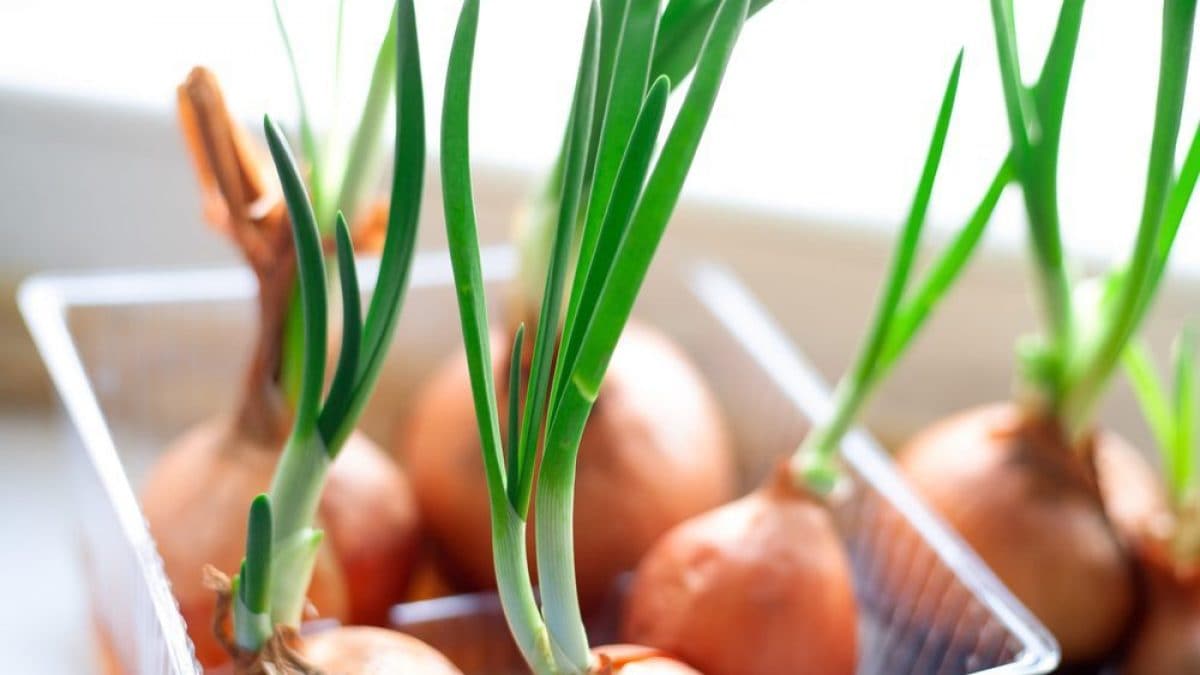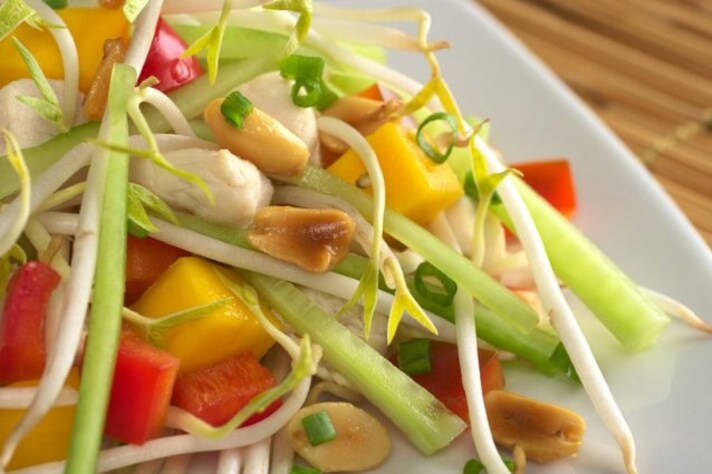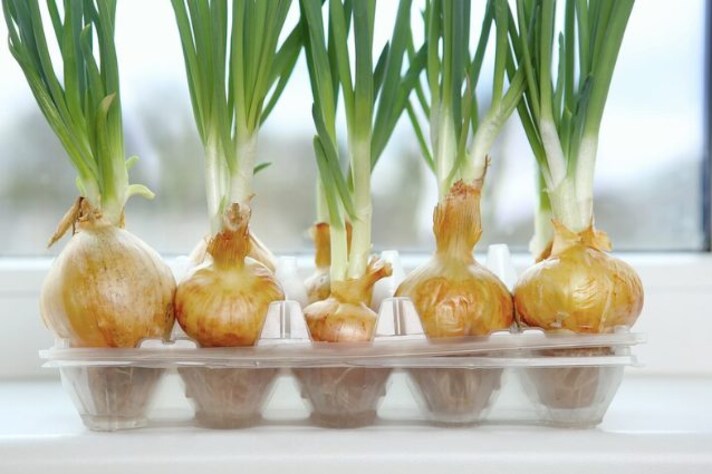
If there is one ingredient that is essential in the kitchen, it is definitely onions: whether they are white, golden or red from Tropea, they are a vegetable to always keep in the pantry and with which you can create the most varied recipes.
But it can happen that you keep them for a long time or forget about them in the pantry, and then find them sprouted. Your first instinct is surely to throw them away, but nothing could be more wrong! In fact, onion sprouts can be used in the kitchen, just like other vegetable scraps.
Like potato peelings or carrot peelings, onion sprouts can become a real ingredient, or they can help you start your own little garden. Here are some ideas for using onion sprouts in and out of the kitchen, some tricks for preserving them and delicious ideas for enjoying them.
How to Use Onion Sprouts in Cooking
If the sprouts are still fresh and not too long, it means that the onions have recently sprouted and therefore you can use as an ingredient to cook what you would have considered only scraps. In fact, onion sprouts are very tasty and have a flavor very similar to that of chives. And just like chives you can use them: you can make a soffritto with them for example, or you can chop them up and use them as flavorings to mix minced meat, to enrich potato or omelette side dishes, or even raw to dress mixed salads.
Any other ideas? You can use onion sprouts to give a boost of flavor to your risottos, such as the inviting citrus risotto, you can use it to prepare the most varied sauces such as the Bolzanina sauce, for exquisite salmon crepes or to give an extra flavor to stuffed tomatoes.

How to Plant Sprouted Onions
If the sprouts you find on the onions are very long, it means that they have been around for a while and, even if they are still usable as an ingredient, their flavor is no longer very fresh. In this case, you can try to use them in another way, that is, by planting them.
You will only need to get a pot that is not too big, fill it with soil and plant the bulb obtained by cutting the onion inside, taking care to leave the sprout outside. Finally, water and feed the sprout with water regularly: it will not be long before you will have your organic onions directly in the pot.
And this recycling doesn't just apply to onions: there are many seeds or parts of fruit and vegetables that you are used to throwing away and that instead, planted in the garden or in the pots you keep on the balcony, can be used to create a beautiful home garden.

How to Store Onions
Reusing onions and their sprouts is great to avoid waste, but it is still a good idea to learn how to store them well so as to avoid them ending up rotting: in that case, you wouldn't be able to reuse them!
The important thing is to store your onions away from heat sources, possibly in a cool, dry place. The ideal would be to put them in a wicker basket (which naturally absorbs humidity) and place it in the cellar, but if you live in an apartment, it's fine to put them in the pantry.
In this case, instead of the basket, you can use a slightly perforated paper bag, again to allow the humidity to escape. If the onion is already peeled and cut, you should put it in the refrigerator, wrapped in cling film or kitchen paper; this way you will be able to preserve it for three/four days.
;Resize,width=767;)
